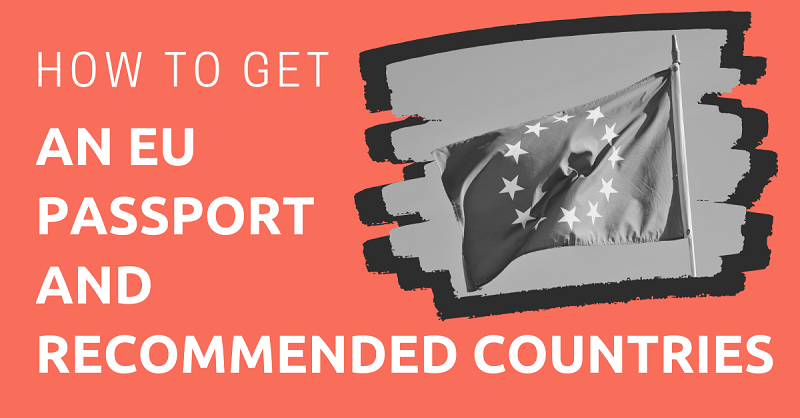
Obtaining a European Union citizenship offers a number of benefits, including being able to migrate and gain employment across all 27 European Union countries. You can also freely move across the borders of over 150 countries without the hassle of getting a visa. Additionally, you’ll have access to topnotch healthcare systems wherever you may wish to settle within the EU.
For these reasons, a European Union passport is highly sought after. In this article, we’ll go deeper as to why obtaining an EU passport is worth it.
This article will take approximately 17 minutes to read. Don't have the time right now? No worries. You can email the ad-free version of the article to yourself and read it later!
Disclaimer: This article may include links to products or services offered by ExpatDen’s partners, which give us commissions when you click on them. Although this may influence how they appear in the text, we only recommend solutions that we would use in your situation. Read more in our Advertising Disclosure.
Contents
Key Takeaways
- With an EU passport, you can freely work and live in the EU, as well as have access to great healthcare.
- There are mainly three ways to obtain an EU passport
- First, you can to prove that your ancestor is from the EU. (Descent Option)
- Second, you must live for at least 5-10 years, either by working, marrying an EU citizen, or running a business. (Naturalization Option)
- Third, you can invest in property, funds, or make a contribution (Golden Visa Option).
- Portugal is a popular option for golden visa which you can invest 500,000 EUR in capital funds.
- Another popular choice is Malta, which offers citizenship within 12 months for a 750,000 EUR investment.
- Since there are many things to consider, you can fill in this form to get our personalized advice.
Benefits of Having an EU Passport
As a European Union passport holder, you will have the rights and protections that are afforded only to EU citizens. For instance, you’ll be allowed to open a business and own property within the continent. It will also allow you to get a Plan B citizenship, which eliminates the constraints placed on individuals, which is based solely on where they were born.
Travel Benefits
Having a European Union passport will allow you to travel to over 150 countries (the exact number of countries varies depending on which country your passport was issued) without having to apply for a visa. There are many advantages to this, including being able to visit different countries for leisure/vacation, business, or other reasons, hassle-free.
Business Benefits
Businesses that depend on the economic and political stability of only one country tend to be exposed to greater risks of failure. By contrast, if you’re a business owner who holds a European Union passport, it’s much easier to own and operate businesses in many different countries, as this gives you the flexibility to shift business operations to nations with more stable economies.
Moreover, a European Union passport will allow you freedom of movement. So if something bad happens in your origin country that could substantially impact your business, you’ll still have the advantage of enjoying diplomatic protection from the European Union.
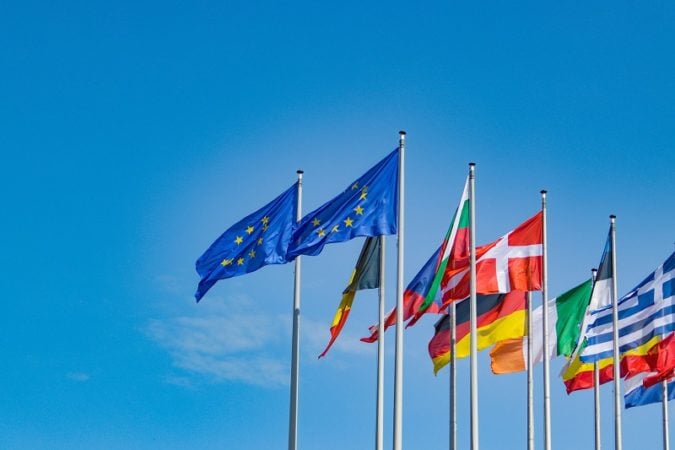
Europe represents a fairly large market for many businesses and industries. EU nations also have independent courts, which can be highly beneficial for individuals and businesses. What’s more, there are a number of tax incentives for small- and medium-sized businesses.
And if you’re an EU passport holder, you can easily open bank accounts and borrow money from EU banks. Some EU countries even offer dual citizenship options.
It’s worth mentioning here that the European Union has economic programs called Erasmus+ and Horizon to help support businesses. These offer exchange programs, coaching, business networks, and funding aids.
If you’re a budding entrepreneur looking to do business in the European Union, there are some great resources available about starting a business in the region. To learn about different funding sources as well as support and resources for your company, check out the Startup Europe Club.
You can also look into the Startup Europe Partnership, which can help you expand and develop your business. Lastly, there’s The European Investment Project Portal, which can help you gain more visibility for your enterprise and connect with international investors.
Social Benefits
There tends to be more jobs and higher wages within European Union countries, so settling here could mean economic prosperity and professional success for many people.
Also, the EU has high standards when it comes to food and product safety, so you can be sure that the things that you buy and consume are safe. There are many other benefits too, such as high quality healthcare, efficient public transportation services, and more.
Ways to Get an EU Passport
There are several ways to get a European Union passport, all of which require time, money, time, and effort. Regardless of how you obtain an EU passport — by descent, naturalization, marriage, or through other means — the process for each option differs. Here are the different options available:
Descent
If you have parents, grandparents, or great-grandparents that were born a citizen of an EU country, you might be eligible to become a citizen of that particular country as well. Policies across EU are constantly changing, but as of this writing, the European countries with the most lenient descent-based citizenship policies are Germany, Ireland, Italy, Latvia, Lithuania, Poland, and Portugal.
All countries in the European Union implement rules to apply for citizenship through descent, but the qualifications vary for each.
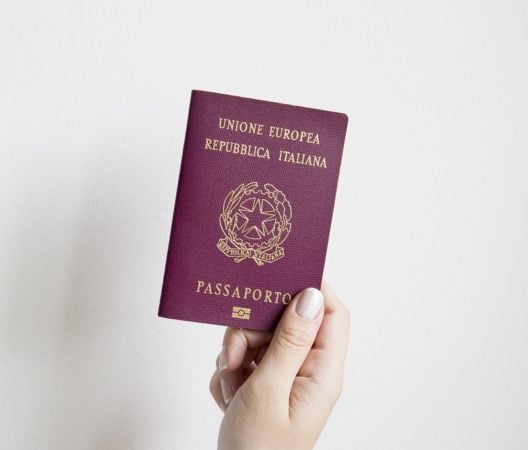
This is, by far, the fastest and cheapest way to get a European Union passport. Many countries will allow people to become citizens for around $1,000, and it can take a few months to a year to complete the process. Note that it may be challenging for some applicants to prove that they have European roots.
Naturalization
Obtaining citizenship through naturalization typically requires a lot of time. On a positive note, choosing this method to get a European Union passport is relatively inexpensive. This only requires you to reside in a country for a specified length of time and pay the necessary processing fees.
The length of time required to live in a particular country and the amount of fees vary by nation.
Work
If you get a full-time job in an EU country and, therefore, pay taxes and live there, you will be eligible to apply for citizenship and a passport — provided you wait for about 5–10 years. This simply means you will have to reside in that country for 5–10 years, which many people might find too long. The downside to this method to get a citizenship is that it can be difficult to find a company that would be willing to sponsor you.
Marriage
Getting married to an EU citizen is one of the more convenient ways to gain EU residency. The processes involved vary by country, but it’s a lot faster than working and living in an EU nation for 5–10 years and thereafter becoming eligible to apply.
This is a good option for non-EU citizens who are already in a committed relationship with an EU citizen, but it can be difficult for those who are only planning to get married to an EU citizen for the solve purpose of getting an EU citizenship.
Business
You can obtain a European Union passport by starting a business in one of the EU nations that offer business passports. To do so, business owners will need to reside in the particularly EU country where they’re setting up a business and complete all the required paperwork. As of this writing, the EU countries that offer residency via this option include Belgium, Hungary, Latvia, Lithuania, and Slovakia. Note that it can be difficult to meet the required criteria in forming a business in any given EU nation, and it may take a lot of time.
Exception
There are two EU countries that allow naturalization by exception.
Citizenship by exception is when the president or parliament naturalizes a non-citizen into becoming one without having to go through the usual citizenship processes. Austria and Poland allow naturalization by exception. Note that this is rarely done and there aren’t any set rules to accomplish. You just have to be able to convince a prominent politician who has the ability to naturalize you that doing so would be good for their country.
In Poland, being able to speak the language is a must. In Austria, you would have to invest EUR 10,000,000 or donate a huge sum of money and you would still have to prove yourself worthy. As a side note, these two countries are known to take pride in their appearance, so being able to resemble a citizen of these countries is an unspoken requirement.
Investment
This is one of the fastest ways to gain a European Union citizenship. But unlike other countries that require you to pay a sum of money and obtain citizenship and a passport, EU countries have further requirements, which vary by country.
Although this method requires fewer requirements to gain EU citizenship, you will still need to go through the naturalization process just like everyone else. This method differs by fast-tracking the process. Remember that even if you follow all the rules and requirements and make all of the required investments, a country can still deny you residency or citizenship.
What to Consider
There are plenty of things to consider when getting a European Union citizenship, and if you get confused by certain rules and/or requirements, there might not always be definite answers or resolutions. You should also know that if you open a business in an EU country, you will need to apply with the relevant national agency.
Each country has its own rules and regulations for foreign entities starting up a business, but the EU has tried to encourage countries to impose certain conditions comes to starting a business. They require new companies to be set up within three working days, cost less than EUR 100, complete all procedures through a single administrative body, accomplish all of the registration formalities online, and register the company online through the national contact point for that country.
If you have decided that having a European Union passport is beneficial for you and your business, there are some other factors to take into account.
Speed
How quickly do you want to get a European Union passport? The quickest way to get one is by descent — if you have the ancestry required to go through this process. The second fastest way happens to be expensive: pay EUR 750,000 for one year, in Malta. If speed isn’t an issue, you might be better off choosing another method of naturalization.
Cost
How much are you willing to spend? If money is no object, then obtaining citizenship through investment might be for you. Both Malta and Portugal have great programs that are ideal for this option. The cost of obtaining a citizenship in Portugal is significantly more reasonable over the long term. Other countries impose higher costs and processes take longer.
Location
Do you have a specific location in mind? Your desired country might require a longer wait, huge extra costs, and different requirements, including possibly longer residency requirements.
No matter which avenue you choose, each is going to require effort, time, and money. You will still need to pass stringent background checks and fulfill residency, cultural, and language requirements for full citizenship. Ultimately, none of these options offers a guaranteed way to get approved.
Recommended Programs
There are a number of programs out there to aid people in their quest towards European Union citizenship. Unless you have the ancestry to manage getting a citizenship by descent or a love interest to attain one through marriage, the best way to go would be citizenship through investment in Portugal.
There are a number of options, and the five-year timeline is one of the lowest for those who can’t afford the high prices for a visa via Malta.
There are a number of different services available that will help you navigate all of the requirements and paperwork if you are looking to attempt naturalization through investment.
Portugal
Portugal is a European country with relatively quick options to obtain a European Union passport through investment. They have a number of options for this. The first is through actual investment; you can invest capital worth EUR 1,000,000. Capitalization of small- to medium-sized business investments of EUR 500,000 is another option. Another option is to fund research activities with at least EUR 350,000 or fund cultural programs and the arts with at least EUR 250,000.
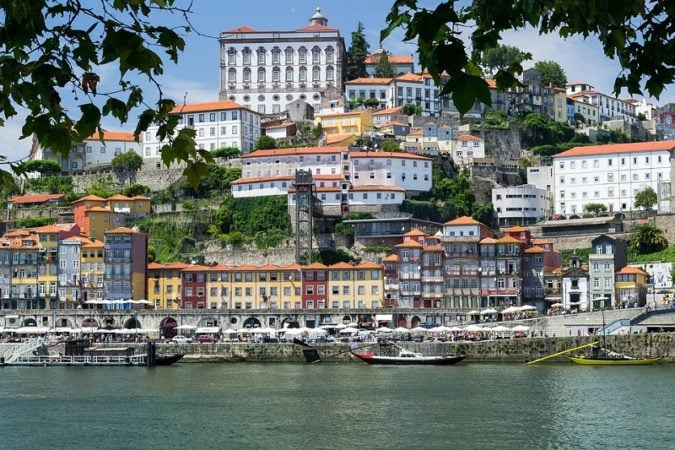
The most popular option is to invest in real estate in Portugal, for which there are a few options. The first is to simply purchase property or properties worth at least EUR 500,000. Another option is to purchase urban renewal properties. With this option, there are more rules to follow compared to other options, but it has a lower investment requirement of at least EUR 350,000. There is a third option for investing in real estate, but it’s rarely chosen. There are some extremely rural sections between Portugal and Spain where there is basically nothing. This third option allows for a minimum investment of EUR 280,000 of properties in this location, but few people choose it.
Yet another way to obtain a European Union passport in Portugal is to create at least ten jobs, followed by registering each employee in the Portuguese Social Security System. It also requires that all tax obligations must be met, which can be considerable. However, this is a great option for entrepreneurs who are looking to start a business in Portugal as well as gain a European Union passport.
At the same time, you could qualify for residency in Portugal by showing that you have the minimum income requirement of EUR 1,200 per month per person. However, if you qualify this way, you would need to reside in the country for at least 183 days per year.
No matter which investment option you choose, you would still need to maintain your residency by staying seven days every year in Portugal. It will still take about five years after your initial investment for you to become an official citizen of Portugal. Portuguese ranks 5th on Babbel’s list of easiest languages to learn, so learning the language shouldn’t be a problem.
You can find out more about it on our review, Portugal Citizenship by Investment.
Malta
Malta offers a great program for citizenship by investment for those select few who can afford it. In this program, there is a choice of a donation of EUR 600,000 (for citizenship in 36 months) or EUR 750,000 (for citizenship in 12 months). You can add your spouse and/or dependents for an additional EUR 50,000 each.
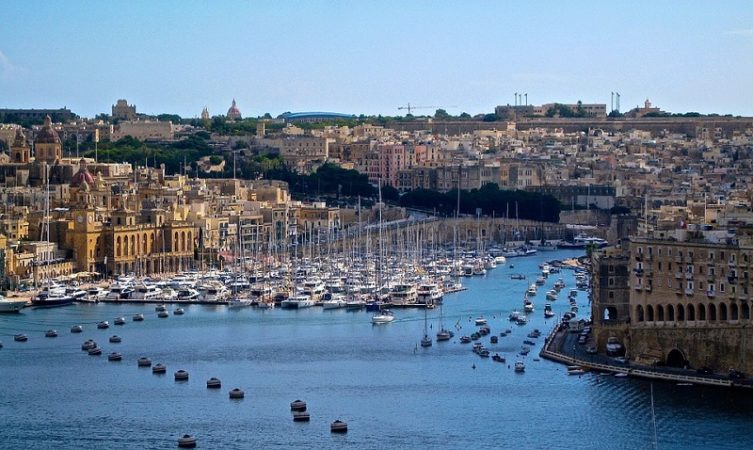
The other requirements in this program include a requirement to purchase a house for at least EUR 700,000 (or hold a lease for at least EUR 16,000 a year for five years), hold the property for a minimum of five years, and make a donation of EUR 10,000 to an authorized philanthropic organization. Note that taxes in Malta are based on residency. You will only be taxed if you spend more than 183 days living in Malta in a calendar year.
You can find more about it on our article about Malta Citizenship by Investment Program.
Other European Nations
Other European Nations also offer citizenship or residency by investment. However, the required investments and timelines vary. The vast majority of them either require significantly more money or significantly more time. Many of them also have more stringent guidelines when it comes to requirements for citizenship.
The following countries offer “golden visa” programs. The name “golden visa” is simply a way to indicate that these countries are open to offering naturalization through investment and have a program to allow this.
Malta is the country with the fastest processing time, while Portugal offers the cheapest programs, with several options.
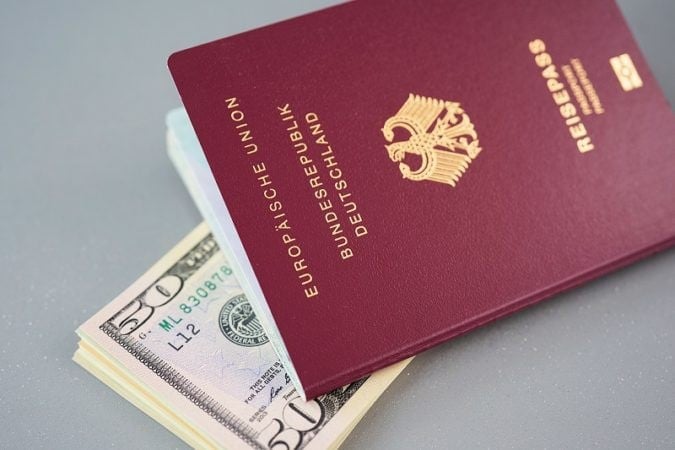
Greece is probably the cheapest country to get an investment visa, at EUR 250,000, but it takes at least seven years to get it. Germany is the second-next cheapest at EUR 350,000, but the process can take eight years or more.
Following these countries is Spain at EUR 500,000, but it requires a longer wait of ten years. In Bulgaria, the process can take up to five years and will require EUR 512,000.
In terms of costs and residency duration requirements, Ireland is on the other end of the spectrum: it costs a EUR 1,000,000 and takes at least seven years.
Still, the Netherlands is more expensive at EUR 1,250,000. But it is Austria that costs the most for naturalization by investment, requiring EUR 3,000,000 and ten years of time.
Now, on to You
There are many ways that having a European Union passport could be beneficial. For one, it will open a lot of opportunities for you personally as well as for your business, if any. You will be able to travel unhindered to many different countries and be able to open businesses anywhere in the nations of the European Union.
Regardless, you should make sure to analyze your needs and your situation due to the substantial amount of time and money involved in getting a European Union passport. However, for the right business situation, Europe could be a game-changer.
If you need help getting the EU passport, please use this form to get a free advice from a residency program expert.

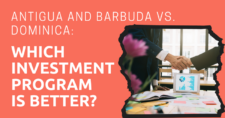
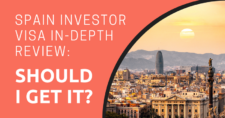




Very informative article.